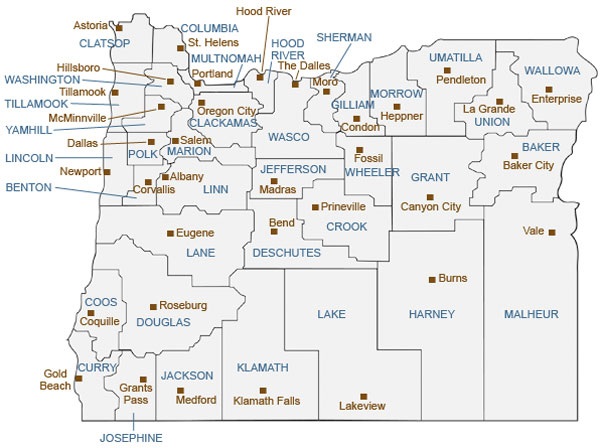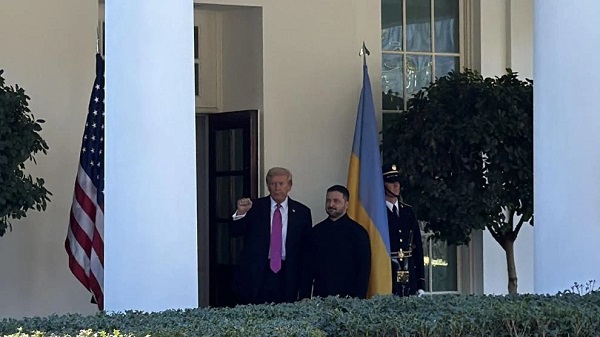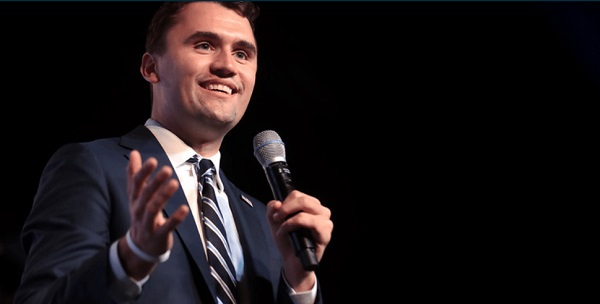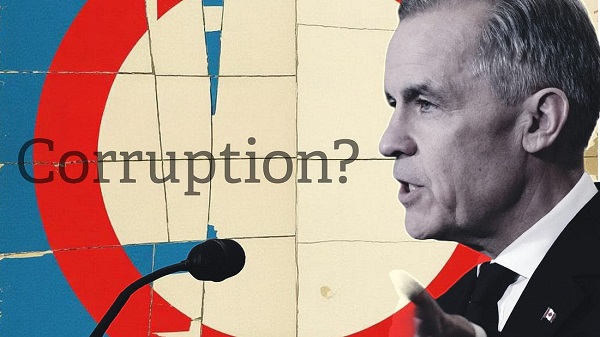 Sam Cooper
Sam Cooper
Britain’s most consequential espionage scandal in a generation has narrowed on Keir Starmer’s inner cabinet after The Sunday Times revealed that alleged Chinese agent Christopher Berry was intercepted at Heathrow Airport with a “suitcase full of cash” — and that senior officials, including National Security Adviser Jonathan Powell and Cabinet Secretary Christopher Wormald, held a closed-door meeting, allegedly discussing that advancing the case would harm relations with Beijing, weeks before prosecutors abandoned the insider-threat file.
The revelations, combined with an explosive Opposition letter from Kemi Badenoch and a rare diplomatic intervention from Washington, have plunged Prime Minister Keir Starmer’s government into the most serious national-security controversy of its tenure — one now shaking both Westminster and the Five Eyes intelligence alliance. Not since the Kim Philby affair and the exposure of the Cambridge Spy Ring has a British government been so roiled by allegations of insider compromise and appeasement toward a hostile foreign state.
As The Sunday Times reported, Christopher Berry — a 33-year-old academic from Oxfordshire — was stopped under the Terrorism and Border Security Act after a February 2023 flight from China. Police seized £4,000 in cash, believed to have been supplied by his Chinese handler, codenamed “Alex,” linked to the Ministry of State Security.
A witness statement tabled in Parliament last week indicated that Berry funnelled real-time political intelligence through his MSS handler to one of Beijing’s senior leaders, all collected from a former Chinese teaching colleague — a Parliamentary researcher with deep access to senior Conservative MPs. Beijing reportedly viewed those MPs as a strategic threat, fearing that if they rose to higher office they would adopt a far stricter stance toward China’s geopolitical ambitions.
Though Berry was not detained at the time, the incident became central to the espionage case later dropped by the Crown Prosecution Service when the Starmer government declined to certify that China posed an “ongoing threat to national security” — a legal requirement under the Official Secrets Act.
The Sunday Times also revealed that Deputy National Security Adviser Matthew Collins, the government’s sole witness, privately acknowledged that the decision not to describe China as an “ongoing threat” was “political.” The paper further disclosed that Jonathan Powell — a former banking executive who rose to become Starmer’s National Security Adviser — chaired a meeting on September 1 attended by Cabinet Secretary Christopher Wormald and MI5 Director-General Sir Ken McCallum, in which “the general theme of discussion was how the UK’s relationship with China was going to be damaged by this case.”
If accurate, that account directly contradicts Starmer’s assurance to Parliament that “no minister or special adviser was involved.” The implication — that Britain’s most senior national-security officials were weighing diplomatic consequences while an active espionage prosecution was still underway — has intensified accusations that the case was derailed by political interference rather than evidentiary weakness.
Within hours of the Sunday Times story, Opposition Leader Kemi Badenoch posted a letter to X accusing Keir Starmer of misleading Parliament and concealing ministerial involvement in the case’s collapse.
Framing the letter, Badenoch sought to explain the rapidly evolving affair to a wider audience. “I don’t blame you if you’ve struggled to follow the China spying case engulfing Parliament. Even MPs are finding it hard to keep up with a story that seems to change by the hour,” she wrote. “I suspect many fair-minded people have assumed this story can’t contain much. It seems too implausible for the government to have deliberately let off people who were accused of spying on MPs. But the story is truly astonishing. The layers of it have unravelled over the past few weeks like something from a spy novel.”
In the letter itself, Badenoch demands full disclosure of all correspondence, meetings, and witness-statement revisions involving Jonathan Powell, the Attorney General, or the Cabinet Office. She references the Sunday Times account directly, noting that “Powell left attendees with the understanding that Deputy National Security Adviser Collins’s witness statement would operate within the language of the report,” implying foreknowledge and coordination between Downing Street and prosecutors. She further alleges that Starmer’s ministers “softened” later witness statements to downplay Chinese espionage, replacing hard intelligence assessments with diplomatic phrasing designed to reassure Beijing. Her conclusion is cutting: “You have shown Britain is weak in the face of espionage, and have emboldened our enemies to believe they can spy on us with impunity.”
As reported previously by The Bureau, the controversy has now drawn international concern. The Chair of the U.S. House Select Committee on the Chinese Communist Party, John Moolenaar, has issued an extraordinary public rebuke on the court matter — a move almost without precedent between close allies. In a two-page letter dated October 16, 2025, addressed to James Roscoe, chargé d’affaires at the British Embassy in Washington, Moolenaar warned that Britain’s decision to abandon the prosecution risked setting “a dangerous precedent that foreign adversaries can target democratically elected legislators with impunity.” He wrote that the decision “deeply troubles” U.S. lawmakers and “undermines Five Eyes security coordination,” given the substantial amount of evidence against Berry and Christopher Cash, who were accused of funnelling parliamentary intelligence to the Chinese Communist Party.
“I hope the UK government will not allow this case to falter,” Moolenaar said, “and will instead take the steps necessary to ensure that both justice and due process are served.”
The letter, co-signed by senior members of the Committee and publicly released by Congress, marks an exceptional public intervention in a live national-security case involving a Five Eyes partner. Moolenaar added that the decision to drop the prosecution — despite evidence confirming a direct intelligence channel from Westminster to Beijing — “paints a concerning picture,” noting the resumption of high-level UK–China trade talks, negotiations over China’s proposed “super embassy” in London, and London’s ongoing review of its diplomatic posture toward Beijing. “Allowing this PRC aggression to go unchecked,” he warned, “would only incentivize the CCP to further interfere in Western democracies.”
As The Bureau previously detailed, Matthew Collins’s witness statement traced an intelligence pipeline connecting Westminster directly to Beijing’s leadership. Berry, via his handler “Alex,” transmitted reports obtained from Christopher Cash, a parliamentary aide with access to Conservative MPs critical of Beijing. Collins confirmed that some of the same intelligence later appeared in the possession of a senior CCP Politburo Standing Committee member — reportedly Cai Qi, one of Xi Jinping’s closest allies. Collins also documented Beijing’s targeted inquiries into the 2022 Conservative leadership race, focusing on Tom Tugendhat and Neil O’Brien, both members of the China Research Group (CRG) and long-standing critics of the CCP.
Taken together, the Heathrow cash seizure, the Powell-chaired meeting, the Badenoch letter, and the U.S. congressional intervention point to a modern Cold War crisis — a confrontation that has now moved beyond Westminster to test the cohesion of the Western alliance itself.
The Bureau is a reader-supported publication.
To receive new posts and support my work, consider becoming a free or paid subscriber.

















